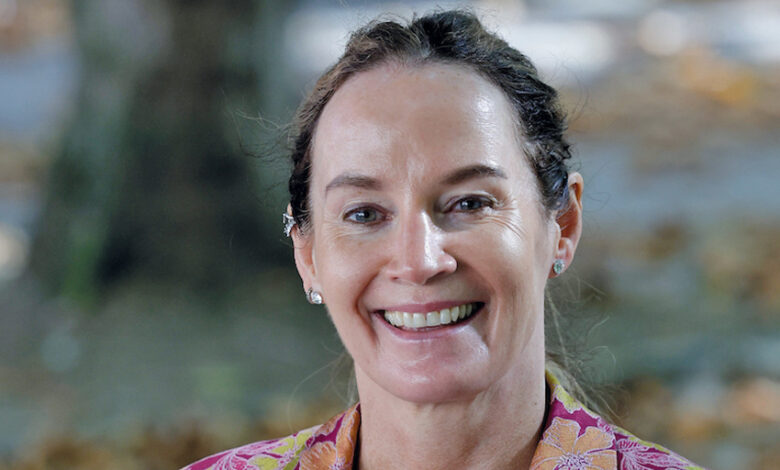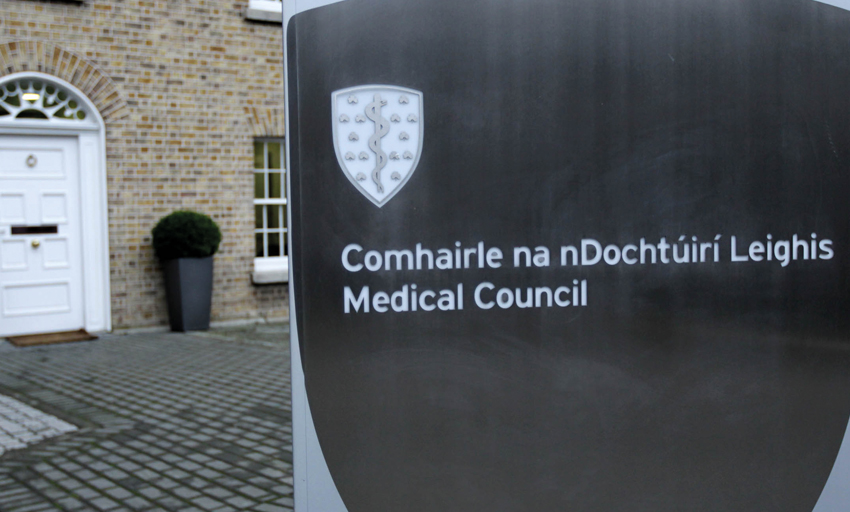Embracing equality, diversity, and inclusion in healthcare

Promotion of greater equality, diversity and inclusion across healthcare will lead to a stronger health system and improved patient outcomes, writes Suzanne Crowe, President of the Medical Council.
One of the main tenets of the public sector and human rights legislation is promoting equality and we believe, as the Medical Council, that represents both doctors and patients, that this is key to ensuring that medical regulation protects the public and supports registered medical practitioners.
Women in medicine in Ireland: Where do we go next?
Working in a childrens’ hospital as a doctor, I am the product of my mother’s sacrifices. The result of the sacrifices and compromises made by a generation of women who stayed at home under the conditions of the marriage bar introduced in the 1930s, which was not officially lifted until 1973.
At the end of last year, of the 25,959 doctors on the medical register, 45 per cent were female. In 1994 the figure was only 30 per cent.
When we look at younger doctors, in 2021, there were 9,326 doctors aged between 20 and 35 on the register. Of those, 53 per cent were female and 47 per cent were male. This next generation of women doctors will achieve career development along slightly different pathways to the paths that we took.
Today, there are many women in medicine who balance busy working lives with caring roles at home. Sometimes compromises can involve delaying having a family until training is finished, or it might be changing specialty to facilitate one partner in the relationship spending more time with family.
45 per cent of our specialist register are female, compared to just 38 per cent 10 years ago. While the numbers of women entering medicine rises each year, this increase is slow to be seen in appointments at a senior level and across different specialties there is still inequality in terms of training opportunities and career progression.
The unequal impact of caring responsibilities on women represents an obstacle to career development and explains why we do not have as many women consultants and professors as we should at this stage.
Tackling these issues will be a legacy that is meaningful for the next generation of patients and doctors of all genders, and the workplace as a whole.
Healthcare support for the LGBTQ+ community
As with many elements of our society, the healthcare sector has much historical hurt and distrust to undo when it comes to those who are in the LGBTQ+ community.
I attended a conference during Pride on this topic and was saddened to hear participants speak about fear and a lack of respect that was the hallmark of healthcare for people who did not follow what was regarded as the ‘traditional norms of our society’.
From the memories came a sense of hope at how things have changed for the LGBTQ+ community in healthcare access. Healthcare staff from several hospitals described the education and training they have done to facilitate compassionate care to LGBTQ+ people. LGBTQ+ patients need openness, respect, and specific measures to include all aspects of them as patients and partners in their own decisions and care.
Continuing to improve how doctors and healthcare professionals engage with the LGBTQ+ community will help to build understanding. Initiatives like the LGBT Champions programme, established by LGBT Ireland in partnership with the HSE, will be essential to this. The programme empowers participants with the understanding and skills needed to increase the visibility, respect, awareness, and knowledge of the issues facing older LGBTQ+ people.

Diversity in medicine
The number of new doctors who registered with the Medical Council in 2021 was 2,605, which represents a 14 per cent increase on the previous year. Of those, 1,717 were international graduates and 888 were Irish graduates.
In 2021, 8,759 (40.4 per cent) doctors who retained their registration held a non-Irish passport.
According to the CSO, an estimated 622,700 non-Irish nationals are living in Ireland, making up 12.7 per cent of the total population.
The promotion of equality, diversity and inclusion at board level can reduce the possibility of ‘groupthink’ as a greater range of perspectives is brought to the table. Ideally, a board should reflect the stakeholders its decisions impact. This is an area the Medical Council, like many bodies involved in healthcare, is failing on, but it is one we are committed to addressing.
Currently there are no Council members that could be classified as non-Irish, meaning that for nearly 13 per cent of the potential patient population and 40 per cent of doctors on the register, they are not reflected on a board that makes decisions that have, in some cases, a huge impact on their lives.
We continue to engage with the Department of Health and the bodies that nominate members of the Medical Council, outlining the importance of equality, diversity, and inclusion and the Medical Council’s responsibilities in this area.
All bodies and agencies involved in healthcare delivery, policy, and advocacy need to be more cognisant of the importance of equality, diversity, and inclusion in their work, and with us all playing our part individually and by working together we will in return have a stronger health system and improved patient outcomes.
Suzanne Crowe is President of the Medical Council and works as a consultant in paediatric intensive care in Children’s Health Ireland Crumlin.
The Medical Council is the regulatory body for doctors. It has a statutory role in protecting the public by promoting the highest professional standards amongst doctors practising in Ireland.
T: 01 4983100
E: communications@mcirl.ie
W: www.medicalcouncil.ie






